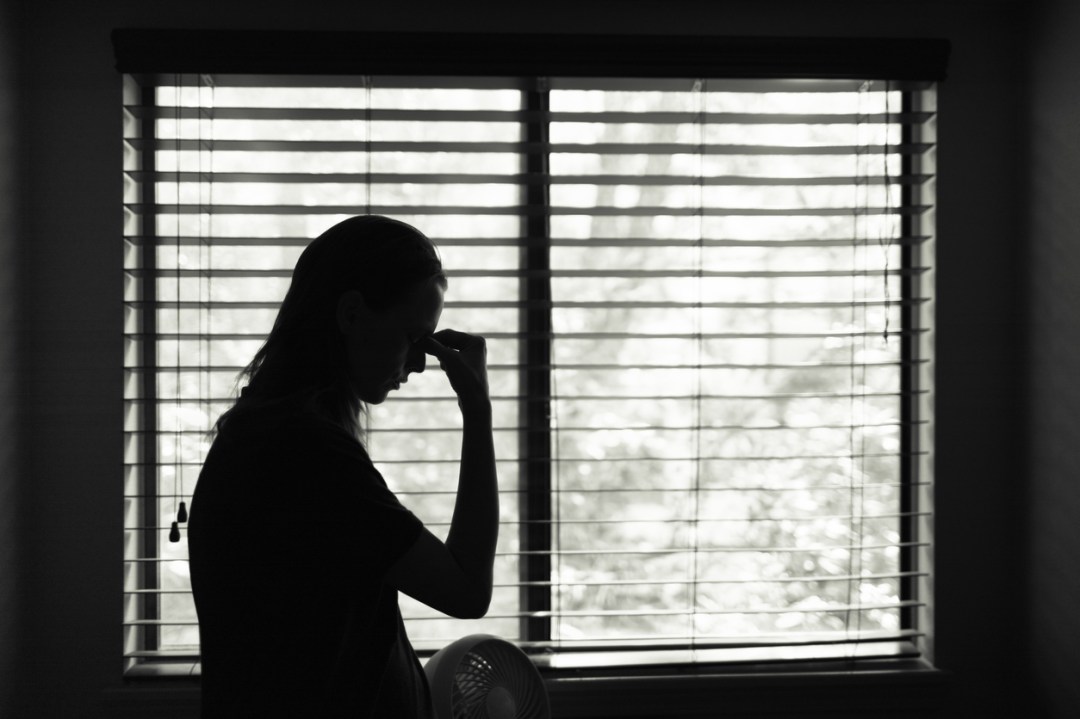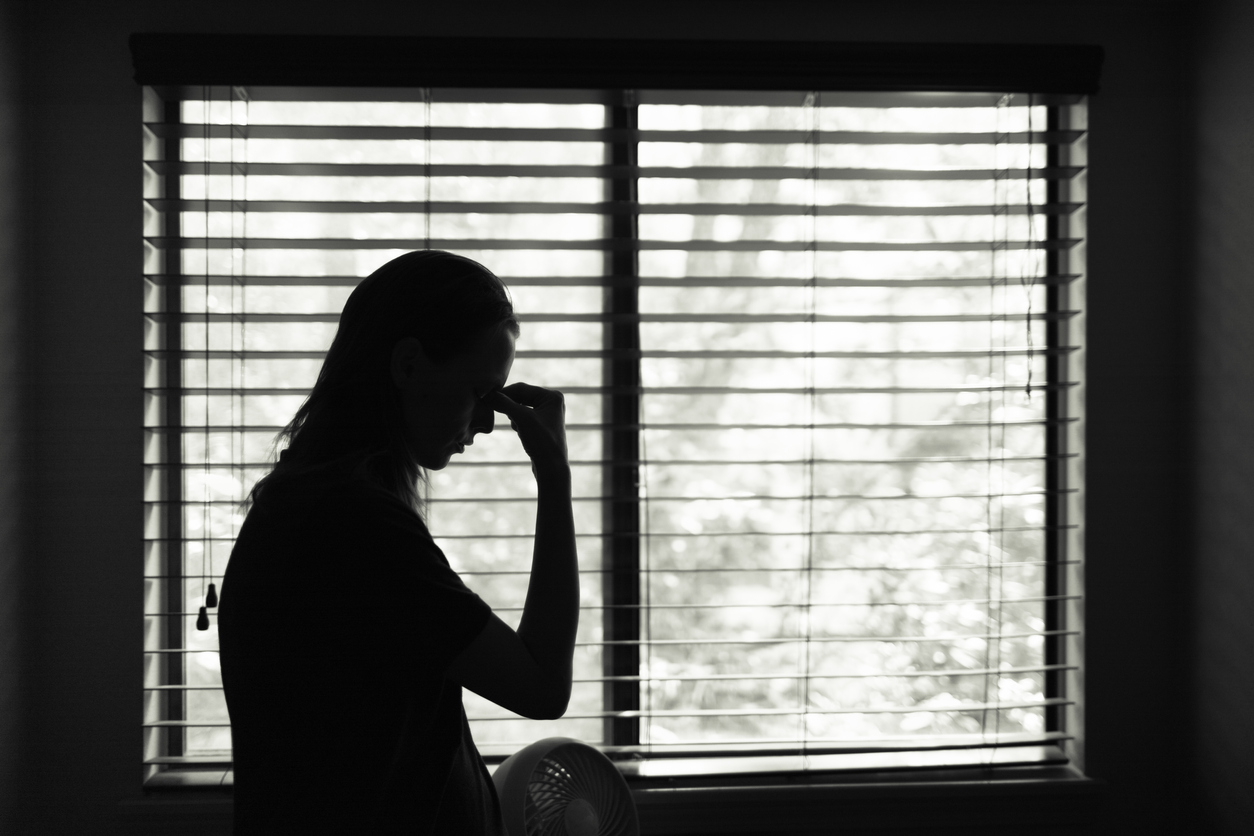Much of the UK is going to spend the next few months bouncing in and out of some form of lockdown to try to contain the spread of coronavirus. That doesn’t just mean that much of the country is going to struggle economically, but also that the people who were most at risk during the lockdown earlier this year are still in danger now. Domestic abuse victims are some of those who are suffering the most, and if you wanted proof that their plight isn’t getting any easier, just look at these figures from one police force.
At a meeting of the West Midlands Strategic Policing and Crime Board yesterday, Chief Constable of West Midlands Police Dave Thompson told those present that his force was now seeing considerably more domestic abuse reported than robbery and burglary combined (thanks to the BBC’s Rob Mayor who spotted the stats). He said:
‘The rise in domestic abuse that we’ve seen this year, we have seen domestic abuse rise by 35 per cent since April, which is an enormous challenge for the force to make sure we accurately assess risk, it is probably in its own right responsible for the rise in crime because of the numbers are enormous in that area, I think there is considerably more domestic abuse reported to the police than we have robbery and burglary combined, and so it is a very, very difficult area of work. And that rise is continuing, so we just looked at this month alone, in October where we are, we’re already seeing a 44 per cent rise in domestic abuse, which is 900 more crimes that have taken place this month than we had in the same period last year.’
It’s not just the burden on police forces, though. Many victims who turn to the police do so when their relationship has reached a crisis point and when they need to move out of their home and into a safe refuge space. There has long been a shortage of these beds, and local authorities have been trying to plug the gap with unsafe temporary accommodation including bed and breakfasts. Then there is the impact on the NHS – not just of victims presenting with physical injuries, but in terms of mental illness, which lingers long after bones have mended and bruises faded.
Boris Johnson has been resisting a national lockdown on the grounds that it would do too much damage to the country economically and socially. But the reality is that the two higher tiers of restrictions make it harder for victims to escape their abusers, even if only temporarily. And even when – or in many cases if – an area leaves tiers 2 or 3, the demand for support won’t slow, because at that point more victims find it easier to contact services without their abuser noticing. There currently isn’t any new plan for supporting victims in tier 3 areas, beyond that announced earlier this year during lockdown. And that plan has not been sufficient, if you speak to any of the organisations supporting survivors of abuse. So will ministers take note, or will abuse be yet another problem that increases again as more areas face more restrictions?








Comments